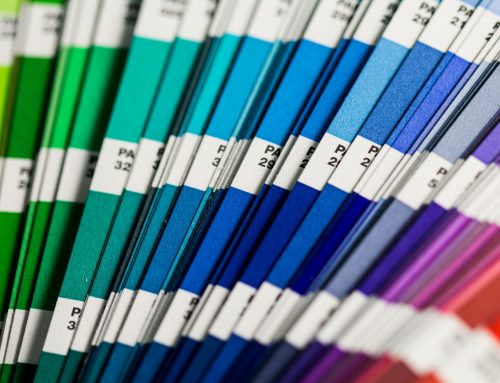Why is it important to care for powder coated surfaces?
We powder coat surfaces that are often exposed to Australia’s harsh climate (i.e. gates, outdoor furniture, ute trays etc.). One of our most asked questions is how to care for and maintain powder coated surfaces so they last the test of time. While powder coating is far more durable than any liquid paint, it is not 100% resistant to the weather we experience here on the Northern Rivers. The effects of sunlight exposure, pollution, dirt, grime, airborne deposits and salt (especially in our coastal region) can all accumulate overtime and should be removed if extending the life of your coated surfaces is in your interest.
How to clean powder coated surfaces
No hard chemicals
Before you begin cleaning, it is imperative you do not use any harsh chemicals on the powder coated surface. Hard cleaning chemicals and solvents can cause lasting damage to the coated surface.
Gently remove dirt
Using a wet sponge, carefully wipe down the powder coated surface to remove any loose dirt and dust particles.
Use mild detergent
The next step is to create a diluted solution of mild detergent in warm water. A pH-neutral cleaning product like hand dishwashing detergent makes an excellent choice. Double check before you use any detergent to ensure it is not a solvent as it will do more harm than good. Solvents strip the layer of grease and grime, whereas detergents are an emulsification. That’s a fancy chemistry word for breaking down grease and grime into smaller molecules so that they fall away from the surface. Usually, anything with white spirits are solvents. Look out for petroleum distillates or alkanes on ingredient lists on packaging.
With cloth or sponge, gently clean the powder coated surface. If you come across stubborn stains, you can use a soft brush but make sure you are extra gentle to avoid creating any scratch marks.
Rinse with fresh water
After using mild detergent on the powder coated surface you must rinse it off with clean, fresh water. Ensure you rinse everything off thoroughly before you allow it to dry. Our recommendation is to air-dry, but you can also use a clean cloth to pat down the coated surface.
Protect surfaces with wax
Surfaces that are handled or come into contact with other objects often may benefit from a thin layer of wax. It is not necessary, but certainly will help maintain a nice shine, especially if you’ve opted for a gloss finish. Just as you might do to your car after a wash, apply a layer of high-grade non-abrasive wax and wax on wax off. Ensure you do not use compound-type waxes as they contain abrasives that can cause permanent damage to your coated surfaces.
4 “Don’ts” when it comes to caring for powder coated surfaces
- Don’t use aggressive solvent
We’ve touched on this already, but we’ll mention it again because it is a rule of thumb! Using aggressive cleaning products can do permanent damage to powder coated surfaces. Avoid solvents, including turpentine, white spirits, and citrus based cleaner.
- Don’t rub surfaces excessively
Be gentle. When you’re using mild detergent to clean your coated surfaces, don’t rub them excessively. Excessive rubbing and pressure can cause damage to coated surfaces.
- Don’t allow contact with sunscreen
It is universally recognised that sunscreens can adversely affect powder coated surfaces. And so, we recommend taking all measures to avoid any contact.
4. Don’t neglect
The best way to care for your powder coated surfaces is to give them some TLC on a regular basis. We recommend cleaning surfaces at least once every 12 months. In fact, to uphold the Dulux Alumi Shield warranties (only applicable to certain projects) there are specific care and maintenance schedules which must be adhered to.
How long does powder coating last?
First and foremost, powder coating is far more durable than any paint. In some cases, a powder coat job can last up to 30 years! However, there are endless environmental variables at play that affect the life of a powder coated surfaces. In Australia, our harsh climate means coated surfaces require regular maintenance to prevent wear and tear over time.




